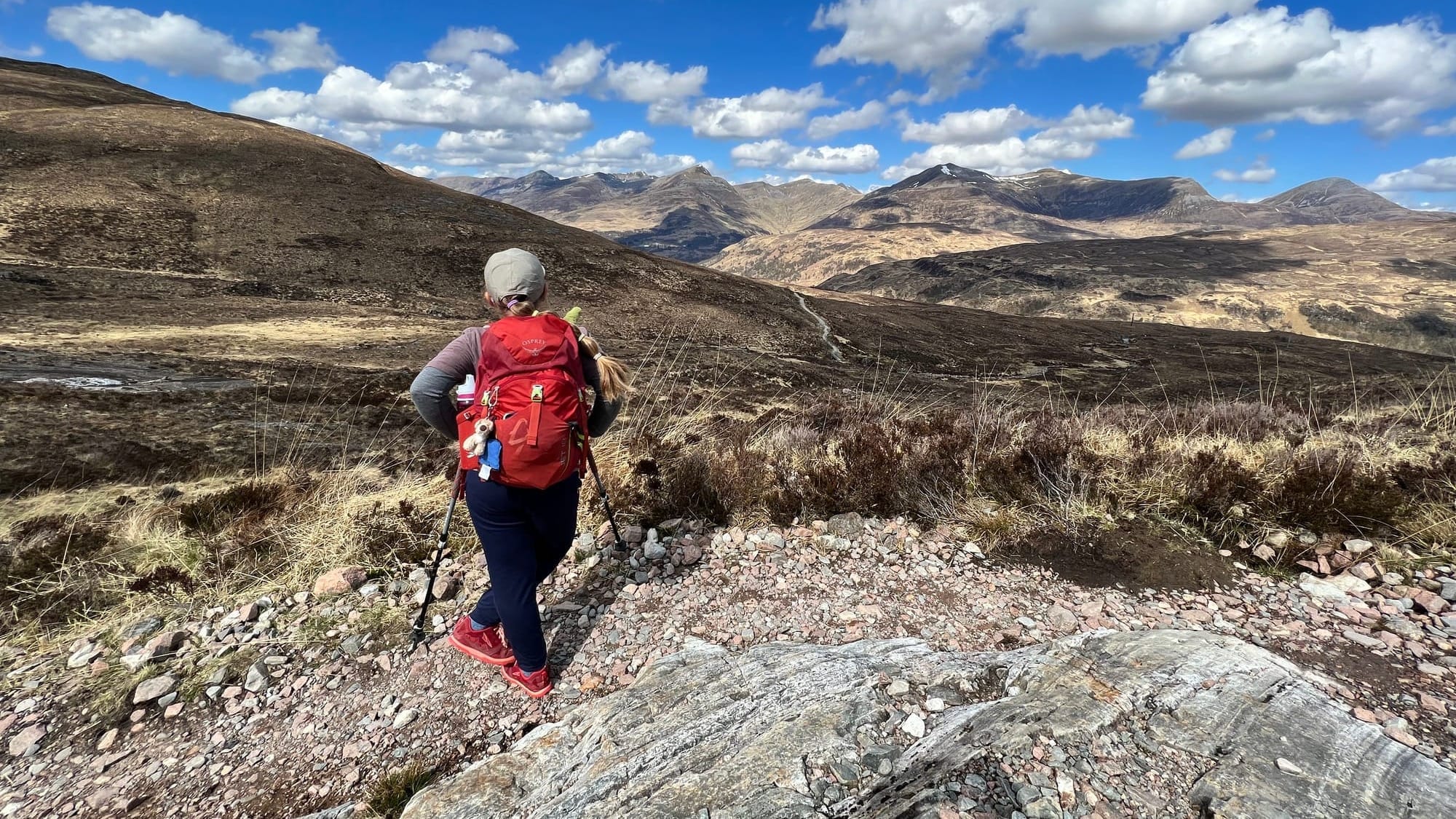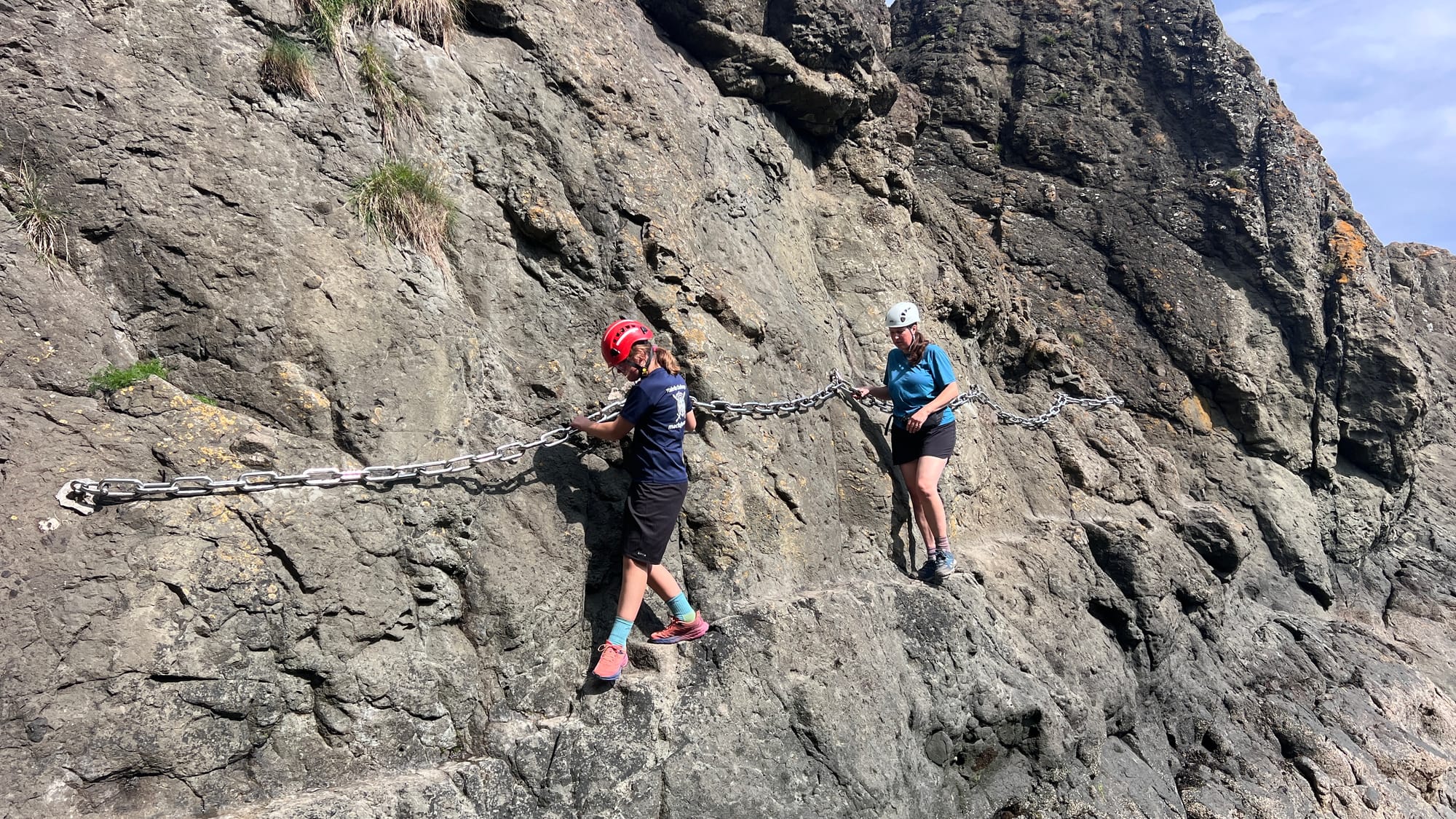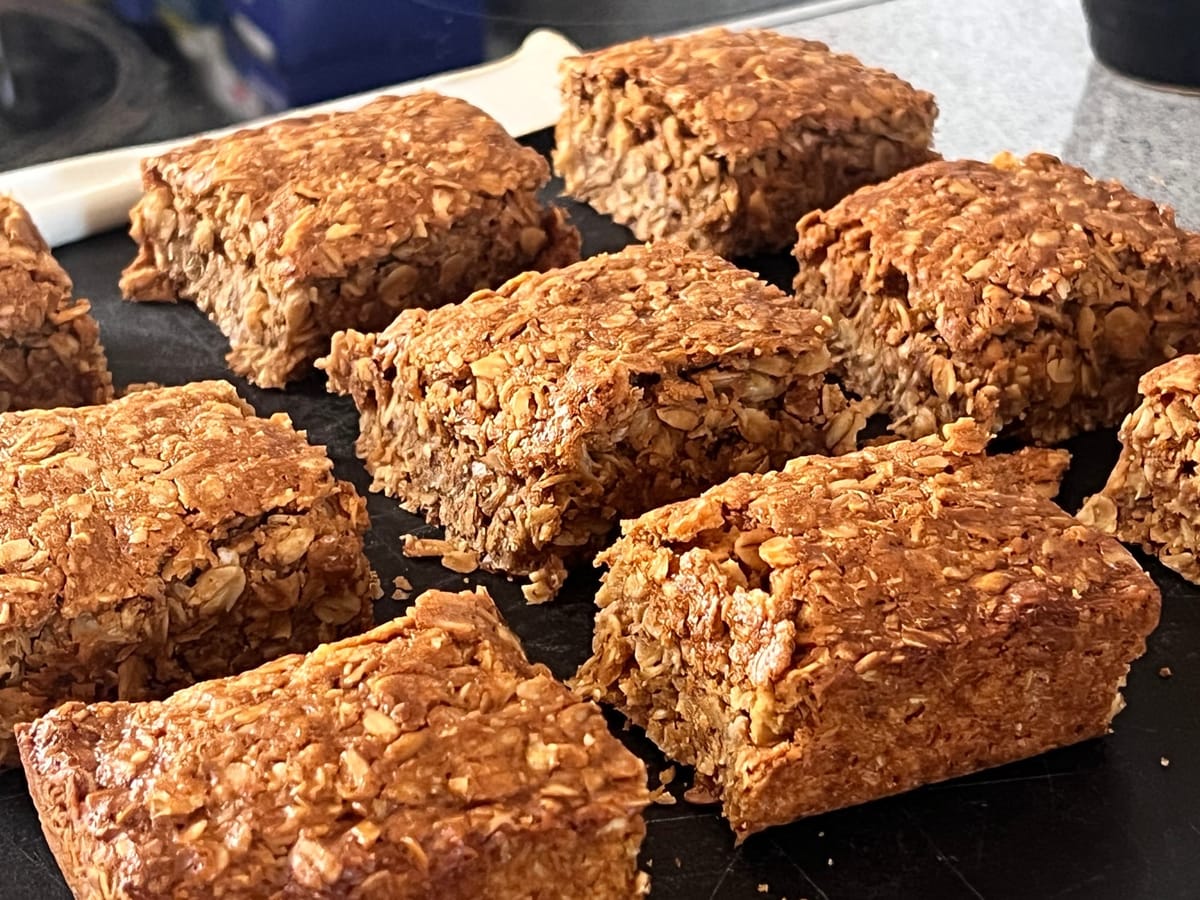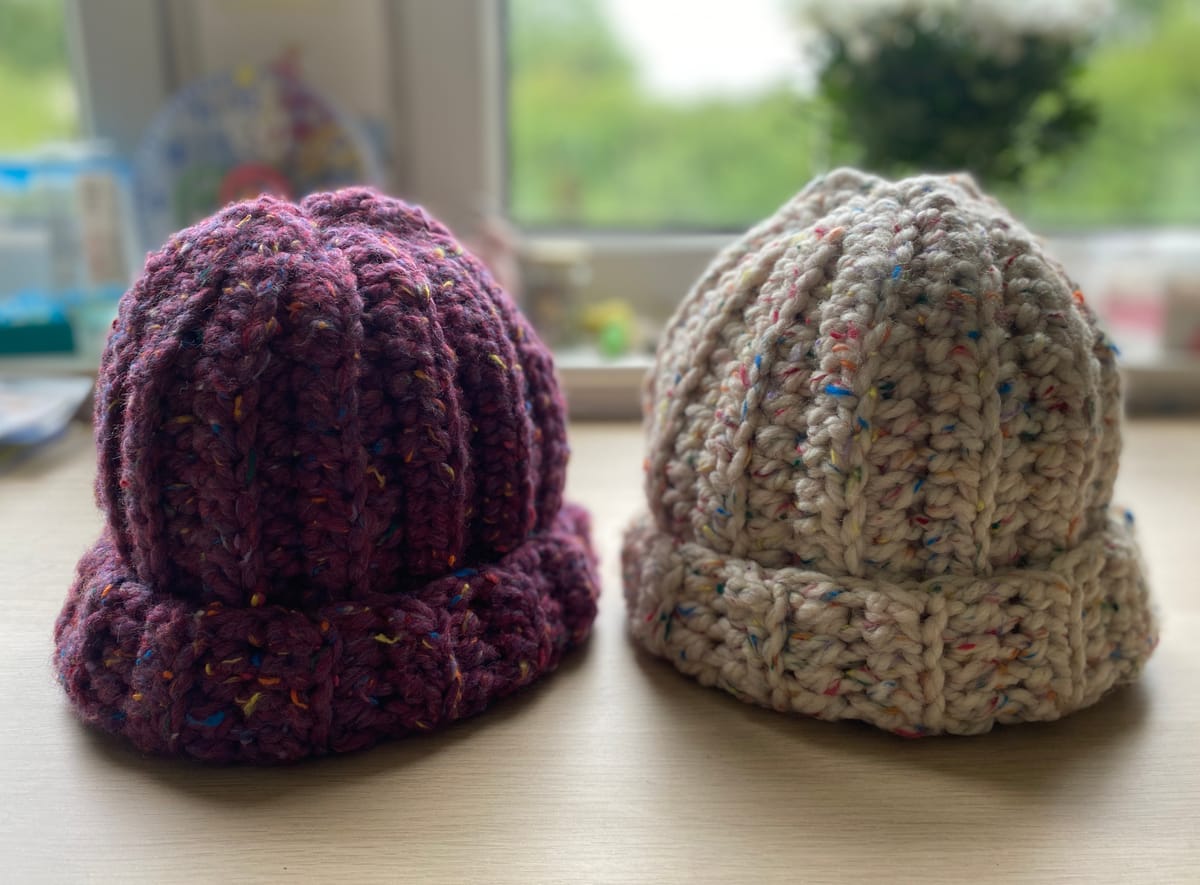One of the first things I learned about hiking the length of Great Britain with Eve (who was eight at the time) was not to obsess or be concerned about our daily mileage!
What I learned is just as relevant to you, whether hiking with a child or alone.
The lessons I learned changed how I approach long-distance hiking and backpacking!
We did have the benefit of not having to complete our JOGLE by any specific date, such as to return to a regular job!
When we started hiking JOGLE, I had hoped to increase our daily mileage gradually to about 16 miles (26 kilometres) per day. I felt this was achievable based on our previous hiking experience and what I had planned for the six months I had expected it to take us.
What I lacked was the experience of hiking continuously for days, weeks and months with a child trying to home-educate as we go and get what we wanted out of our time on the trail.
Here are four things you will gain by scrapping daily mileage targets and just “going with the flow.”
Enjoy your time outdoors more!
Enjoyment should be obvious. Going slower allows you more time to enjoy your time, take photographs and not be constantly catching your breath!
It doesn’t matter what you're out there for. Giving yourself more time can only lead to more enjoyment, satisfaction and less stress!
Experience the trail (or whatever you are doing), not just complete it
Go onto the West Highland Way or have a look on social media, and you will find endless people saying things such as “25 miles a day, unsupported!” and every other possible combination of that phrase.
The reality is you can’t experience the outdoors, a trail, a mountain path or anywhere else if all you are doing is rushing or struggling to put one foot in front of the other.
Do yourself a favour and slow down. Allow yourself the time to immerse yourself in your surroundings and truly experience the trail.
In my opinion, a considerable part of the appeal of the outdoors, whether hiking, canoeing, or cycling, is being able to be spontaneous. Visiting points of interest, researching places you go through, reading information plaques, talking to people you meet or sitting and relaxing with a cup of coffee on a bench or hillside, the choice is yours.
Lowering the risk of injury
Going slower means there is less chance of injury and less of an injury developing in the first place. Going slower can help prevent blisters, and the risk of a slip, trip, or fall can be minimised by giving yourself the time to slow down and prioritise safety over speed.
Eve had some foot issues, and my pack was extremely heavy at the start of our JOGLE with winter gear. We were hiking in unseasonably bad weather, even for Scotland, and dropping the mileage was a game-changer.
More time (and energy) for activities
Hiking fewer miles will give you more time and hopefully more energy to do stuff at the end of the day or during it. We enjoyed more campfires, cooking up a good meal (not just a packet pasta or noodles), playing a game or in our case, concentrating on home education such as reading and math.
✅ Having more time for home education and enjoying the experience of hiking was for us the most significant benefit of not worrying about achieving a minimum daily mileage.
Those are just 4 out of countless reasons to slow the pace and keep the miles lower.
I learnt this lesson the hard way, by getting sucked inyo the idea that pushing high miles was the right way to complete a trail. It wasn't and isn’t!
To coin an American trail phrase, “hike your own hike” must be remembered and acted upon. Please don’t follow the crowds as all the best bits will pass you by.
In case you are wondering, we aim for about eight miles a day when backpacking. If we need to, we will push more miles, but only if we need to or want to.
Enjoy the trail (slowly), and thank you for reading
Ian







Comments